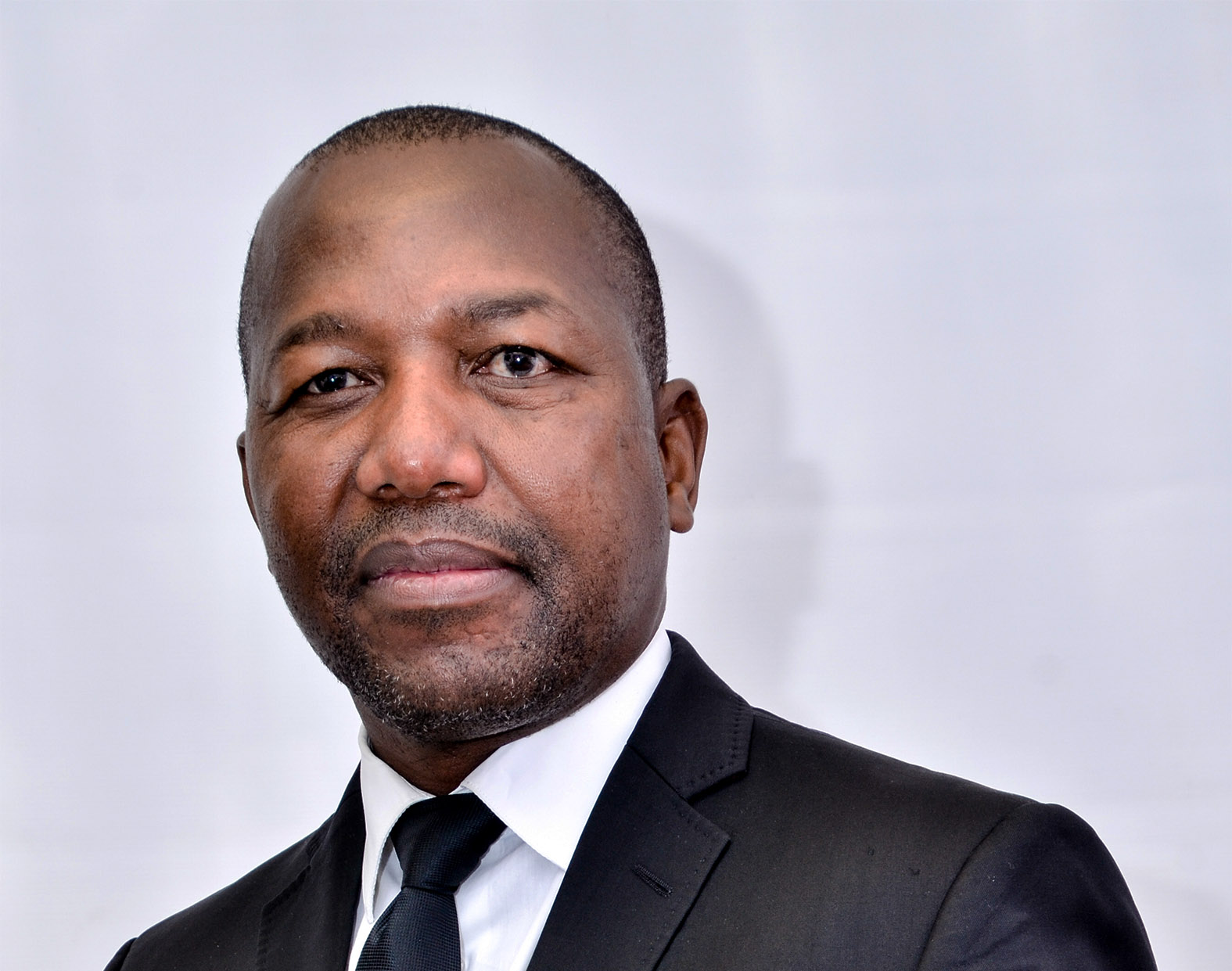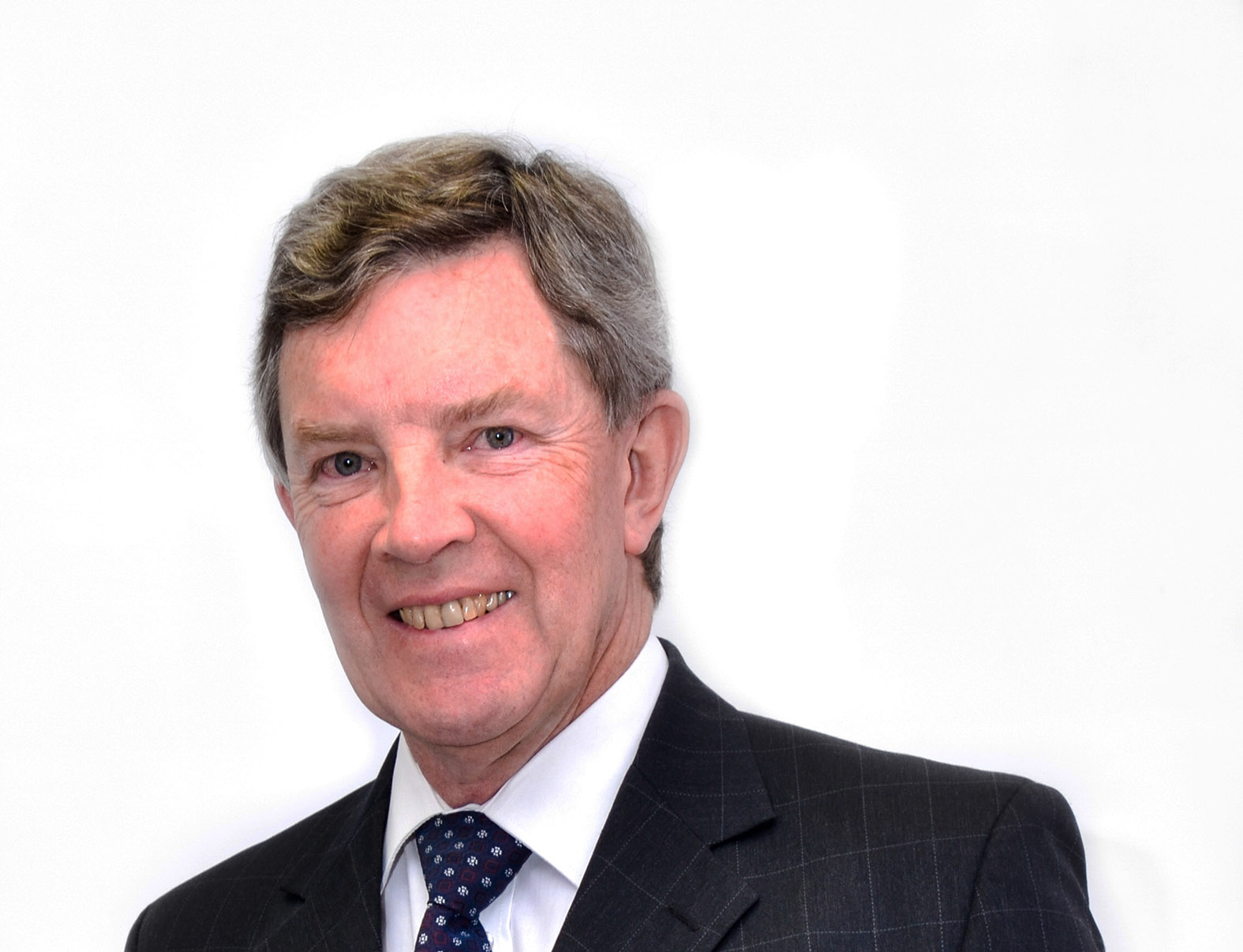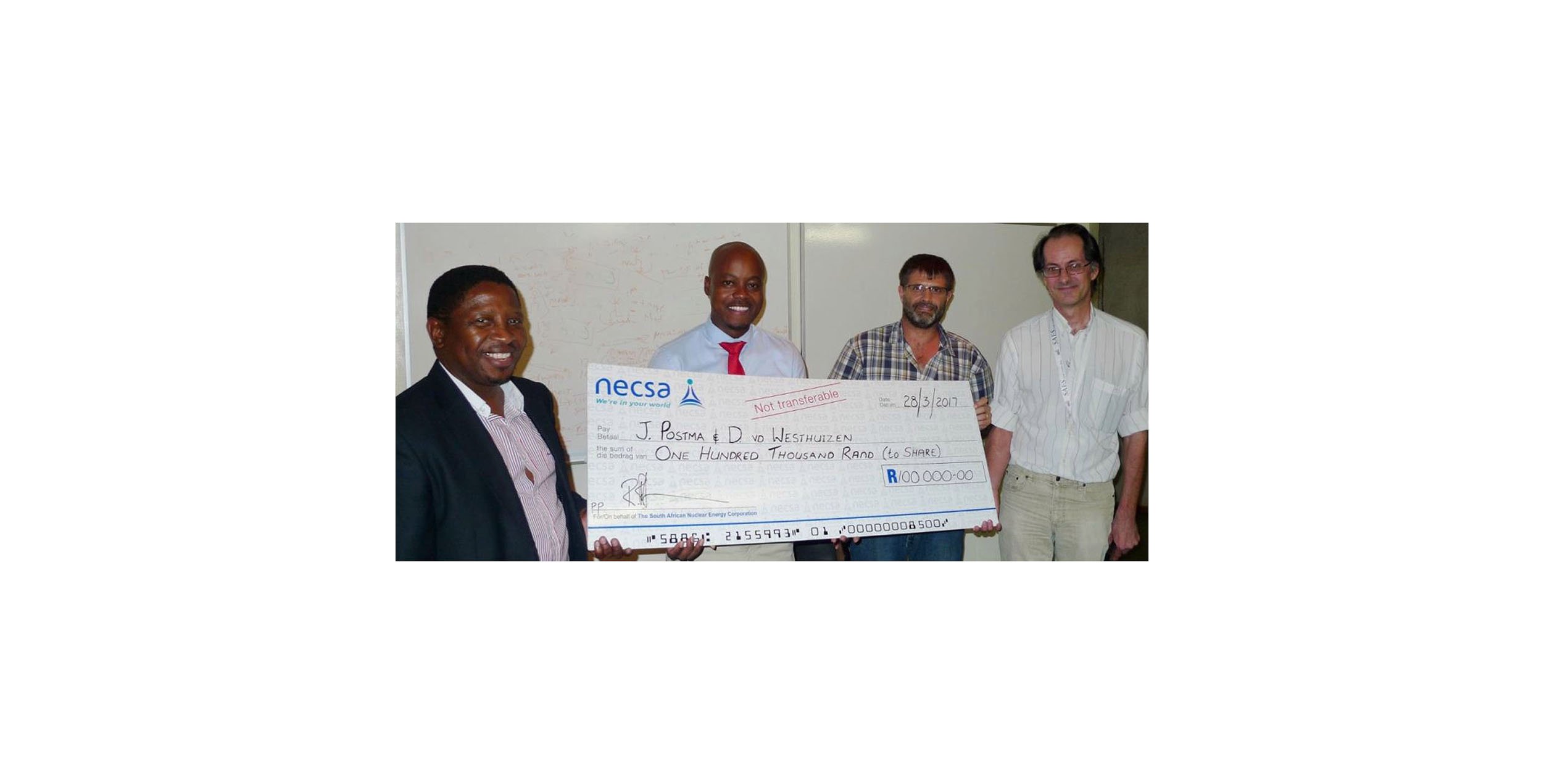Wiets Botes
Etched in the minds of energy doyens in this country is that South Africa needs a stable supply of electricity. However, according to the chief executive of the South African Nuclear Energy Corporation (Necsa), Phumzile Tshelane, some continuously berate nuclear as an energy source, seeing it as lowest in the pecking order or not considering it at all.

“Over the past 30 years, Eskom’s Koeberg nuclear power plant has been generating base-load electricity to the Western Cape with impressive efficiency, safety and reliability. South Africa does have the expertise and know-how,” stresses Tshelane.
Nestled in the heart of lush greenery and wildlife just outside Hartebeespoort Dam, the South African Nuclear Energy Corporation (Necsa) facility provides the world with scientific solutions and saves millions of lives every year through its nuclear medicine production capability. Both Necsa’s Safari-1 and Koeberg have proven to the international community that South Africa has the capacity to operate, maintain and refurbish sophisticated nuclear installations.
“Undeniably, nuclear plants are typically more expensive to construct but are less expensive to operate and have longer operational lifespans,” says Tshelane. “Notable in assessing the economics of nuclear power, decommissioning and waste disposal costs are fully taken into account.
“Nuclear has high upfront costs but is competitive in overall costs.
“High construction costs are mostly due to the safety and security requirements, including both design and construction requirements and the lengthy licensing process. Low operating costs are a result of low fuel costs on a per-kilowatt-hour basis.
“Due to the low operating costs of nuclear reactors, the electricity generation costs are expected to be more stable than those of coal or natural gas-fired plants. They produce no gaseous emissions and the nuclear waste they generate is professionally and responsibly handled. Nuclear power generates multiple times more power per unit input mass, and with no CO2 emissions, nuclear power is economically favourable.”
Tshelane says that a competitive economy requires reliable energy supply, and that the need to use all sources of energy is important for diversity and resilience. However, for an efficient baseload supply and demand, he says nuclear remains on the apex of the sustainability graph.
“Nuclear is an advanced technology that should be utilised. Although solar is an appealing idea, it is too reliant on geography and weather. It also requires vast amounts of land, which South Africa is not short of — but this has led to the damage of some ecosystems,” he says.
“In November 2015, cabinet pronounced that Eskom is the procurer and owner operator of the nuclear power plants. Necsa was designated as the procurer for the nuclear fuel cycle and acquiring of a multi-purpose research reactor. The department of energy is tasked as the programme co-ordinator for the NNBP. Not only has this propelled robust debates, it also created a platform for the citizens of South Africa to become educated on nuclear.
“South Africa should also know that outside of its mandate, we at Necsa continue to gleam as the only company on the African continent with an American Society of Mechanical Engineers (ASME III) certification allowing for the design and manufacture of critical nuclear components.
“Through our existing training programmes we produce hundreds of artisans and technicians who are deployed in important sectors of our economy such as the automotive and mining industries.
“Necsa specialises in heavy engineering and manufacturing of power generation components
“The ability to manufacture power generation components will increase localisation and enhance high-level technical skills around the NNBP.”
Tshelane says there are still too few people aware of the non-power generation applications of nuclear compounds produced at Necsa, which are utilised in such industry sectors as petrochemicals, food irradiation, construction, forensics, microchip processing, pharmaceuticals, archaeological analysis, neutron radiography, the Square Kilometre Array and more.
These applications not only save money for industries, but also enhance efficiency, accuracy, productivity and present other advantages when compared to conventional process methods.
To get a glimpse of what Necsa does, go to www.necsa.co.za or phone 012 305 4911 to request a tour of the Visitor Centre
Nuclear competence
There is a whole angle of nuclear that is an unsung hero, which seems to get sucked in with the negativities surrounding nuclear energy.

According to Dr Kelvin Kemm, chairman of Necsa, everyone has heard that nuclear radiation is dangerous and potentially fatal and that it is true that you can die from nuclear radiation. However, he reiterates the medical benefits which are not acknowledged nearly enough.
“If you have a suspected cancer, you can go to the nuclear medicine department of a hospital and they will inject radioactive liquid into a vein, which liquid then travels to the cancer and accumulates there,” says Kemm. “A suitably qualified doctor will then be able to see size and position and by using a special scanner is able to detect the cancerous object which is giving off the radiation.
“If a surgeon then needs to surgically remove any problem growth, he will know exactly what he is looking for before he starts operating.
“In recent times, nuclear medicine has gone ever further. Now the medics can even inject a different dose to target a cancerous lump and to destroy it from the inside out. Everybody knows of existing treatments that use radiation therapy. These treatments rely on a beam of nuclear radiation that is directed at the patient from the outside in. We now go even further than that.”
Kemm says that nuclear techniques are being used in South Africa where a doctor can actually watch a person’s heart beating and can see heart valves opening and closing. If a valve is malfunctioning, a surgeon knows which one is doing what, before any surgery takes place.
“Nuclear radiation can save your life and nuclear medicine produced at Necsa saves lives every day, all day, here in South Africa and as far afield as the USA, Europe and more.”
“As a nuclear scientist myself, it is annoying hearing stories that all South African nuclear professionals are so stupid and irresponsible that they will happily run nuclear reactors which leak, or throw radioactive waste into the bush.
“Our professionals are internationally recognised as being very good,” stresses Kemm. “When we embark on projects to acquire new nuclear power plants we do it very well. Years ago, when the current nuclear power build project started, South African specialists studied all the available reactors in the world until we knew their exact functions, properties and costs, in minute detail.
“We know all about the nuclear fuel cycle and all about the waste generated from any nuclear power plant, but nuclear waste is in fact very valuable. Certainly, kilo for kilo it is much more valuable than gold. We don’t just throw waste away but carefully store and look after it so that we can recycle it in years to come.
“Yes, a used fuel element is radioactive and therefore dangerous, however these elements are carefully stored by professionals. Portraying that nuclear waste is dumped so that it is dangerous to the public for thousands of years is just plain nonsense.
“Nuclear power is the correct answer for South Africa. It is proven. It is inexpensive. Over half a century ago, our nuclear professionals knew what they were doing, when they decided to build Koeberg. They are even better now and South African nuclear professionals have earned our faith and respect for doing the best that they can,” concludes Kemm.
A useful isotope
The nuclear medicine industry is underpinned largely by one single isotope, molybdenum-99 (Mo-99).
Mo-99 has a half-life of just over 66 hours and decays into another isotope, technetium-99m (Tc-99m), which is the single most important radioisotope in medical imaging diagnostics and is used in over 80 000 nuclear medicine procedures every day.

Sharing value with those that help create it. From left to right: Zakes Myeza: group executive, finance and Brian Mphahlele: executive manager: new business development hand over the first benefit sharing award incentive to recipients Johan Postma and Driekus van der Westhuizen
The intellectual property (IP) rights from the Publicly Financed Research and Development Act of 2008 make it a statutory right for individuals deemed to be the creators of state funded IP to benefit when IP they develop is successfully commercialised. Necsa sees this as part of a basket of incentives that strengthens the organisation’s value proposition as an employer of choice. At this inaugural event, Necsa shared R100 000 with the two employees whose invention is the subject of royalty-bearing IP.